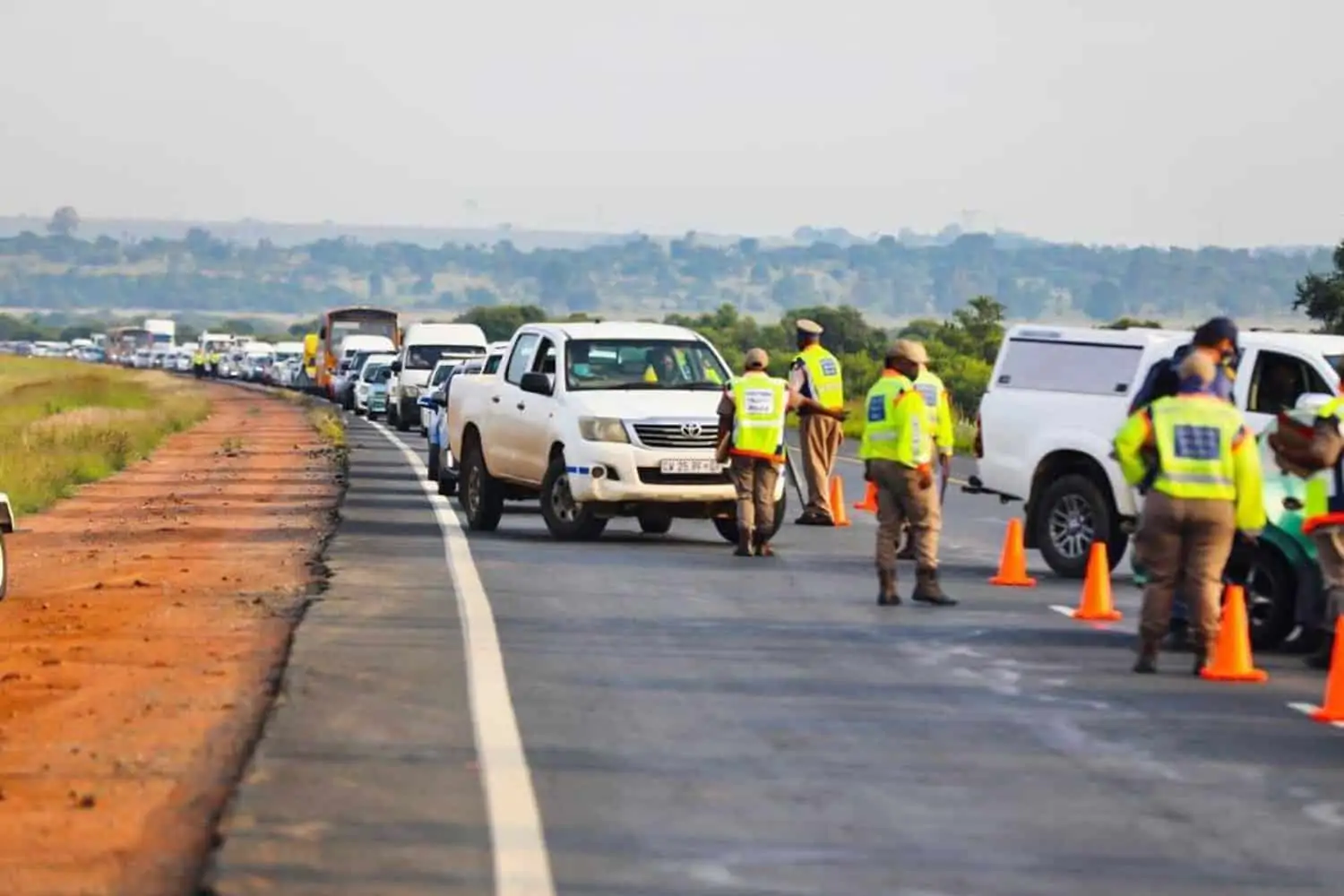Minister Fikile Mbalula informs the public that the fatality statistics have seen a 14% increase since the year before. With a total of 1685 fatalities during the 2021 festive season alone. This contributes to the fact that the Road Accident Fund is one of the South African Government’s largest burdens.
The Statistics Compared to Last Year
Overall, there was a 14% increase in fatalities over the 2021 festive season compared to the 2020 season. And of these, 223 deaths were from the 34 major crashes alone. Showing an increase in the number of fatalities per crash, compared to last season’s 13 major crashes that were responsible for 72 fatalities.
One of the worst of these major crashes was on 12 January on the N1 near Mookgophong, Limpopo. When a bus caught fire after a head-on collision. Trapping and killing the driver as well as 17 passengers. Eight more were injured.
Only Two Provinces Showed a Decrease
The Eastern Cape had only 210 compared to last year’s 228 fatalities, marking a 7.9% reduction in deaths. Similarly, KwaZulu-Natal saw a reduction of 6.5%. With 275 deaths as compared to 294 in the same period last year. Minister Fikile Mbalula and his department commend these two provinces. Telling them to “Keep up the good work and remain shining stars”.
Provinces with the Highest Increase
Unfortunately, the same cannot be said for the Northern Cape and Western Cape, who had the highest percentages of increase. The Western Cape saw a 55.6% increase. Having recorded 207 fatalities during this festive period as opposed to the 133 from 2020. And the Northern Cape reported a massive 97% increase. Moving from 33 fatalities from the previous season to 65 during the 2021 festive period. The department notes that “We need to get to the root cause of this drastic increase and address it in a decisive manner”.
Other Provinces
All other provinces showed increases ranging between 7.2% and 25.3%:
- The North-West recorded a 25.3% increase. Having had 95 fatalities in 2020 compared to this festive season’s 119.
- Mpumalanga reported 189 during this period, whereas last year it was 152. Indicating a 24.3% rise.
- Limpopo showed a 16.5% increase having moved from the previous season’s 194 fatalities to 226 in this period.
- Gauteng recorded 275 during the 2021 festive season. Which compared to the 238 fatalities from the previous period marks a 15.5% increment.
- The Free State recorded the lowest increase of 7.2% moving from 111 fatalities in the previous period to 119 in this one.
Roadblocks and their Results
Over the 42 days of the arrive alive campaign traffic law enforcement officers conducted 651 roadblocks throughout the country. This was the outcome:
- 264 690 fines were issued in total.
- Of the total fines 21 431 were for drivers without seatbelts.
- Of the total fines 22 766 were for drivers without licences.
- 4 251 un-roadworthy vehicles were discontinued.
- 4 073 vehicles were impounded.
- 6 169 motorists were arrested.
- 1 586 of the arrests were for drunken driving.
- 605 of the arrests were for driving at excessive speeds of between 190 – 225 kmph.
Why Were the Numbers Higher?
According to the department, the main causes of the road fatalities during this period were:
- Jaywalking
- Speeding
- Wet or slippery road surfaces
- Overtaking across barrier lines
- Poor visibility.
In particular, the rainy weather played a big role. With the South African Weather Service having measured between 100 and 200 millimetres rainfall in many Provinces during the month of December 2021. And some Provinces even experienced “torrential rainfalls” measuring between 200 and 500 millimetres.
Although, another noteworthy factor was the back-to-back extended long weekends contributing to less responsible driving. On this subject, the department has said “in a significant number of instances the competence of our drivers leaves much to be desired”.
Overall human factors contributed 79% to the occurrence of fatal crashes. While road factors contributed 11% and vehicle factors 10%. With regards to the human factor, the department has said “our interventions going forward will pay serious attention to this”.
